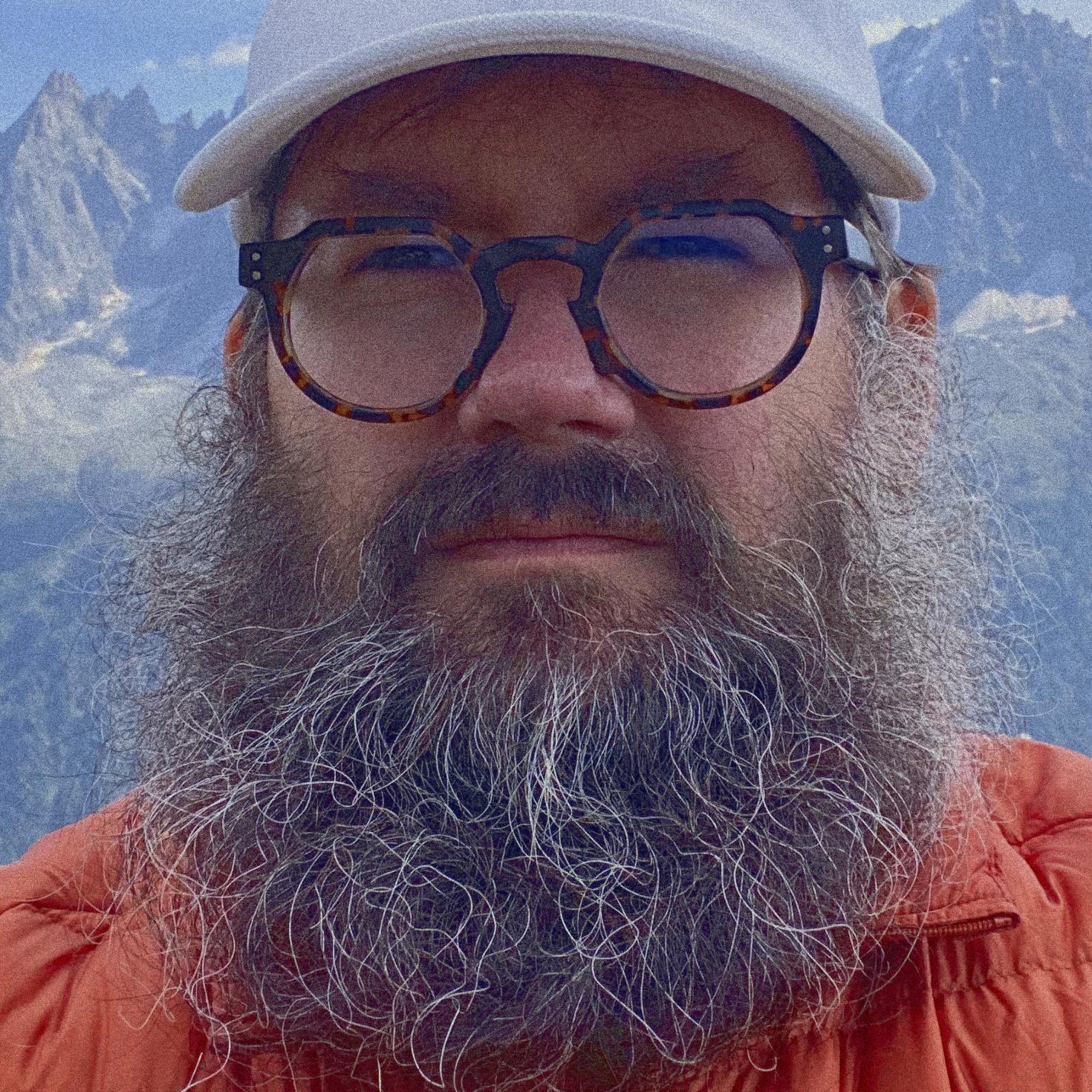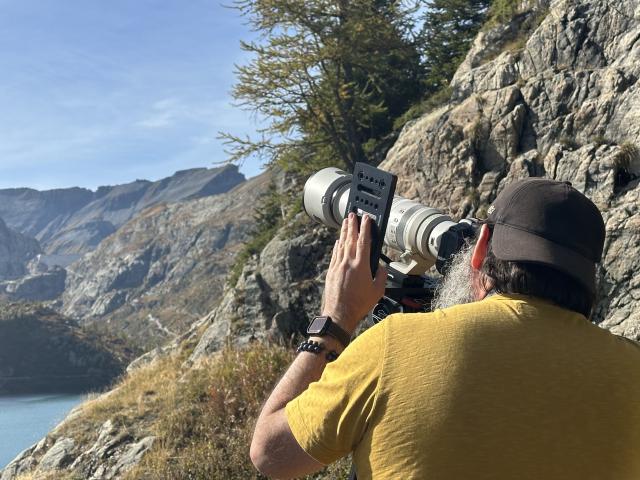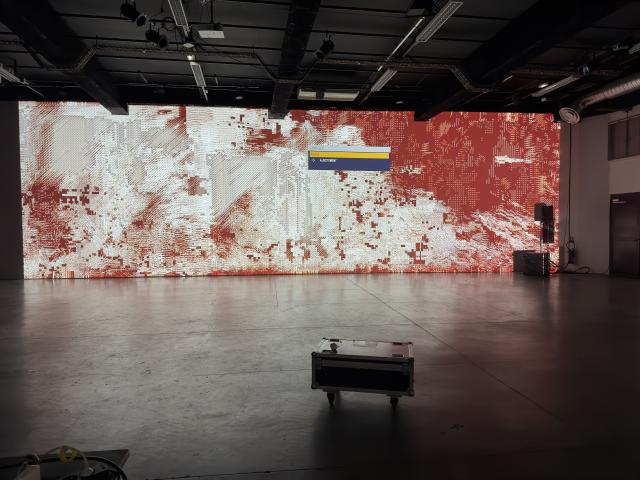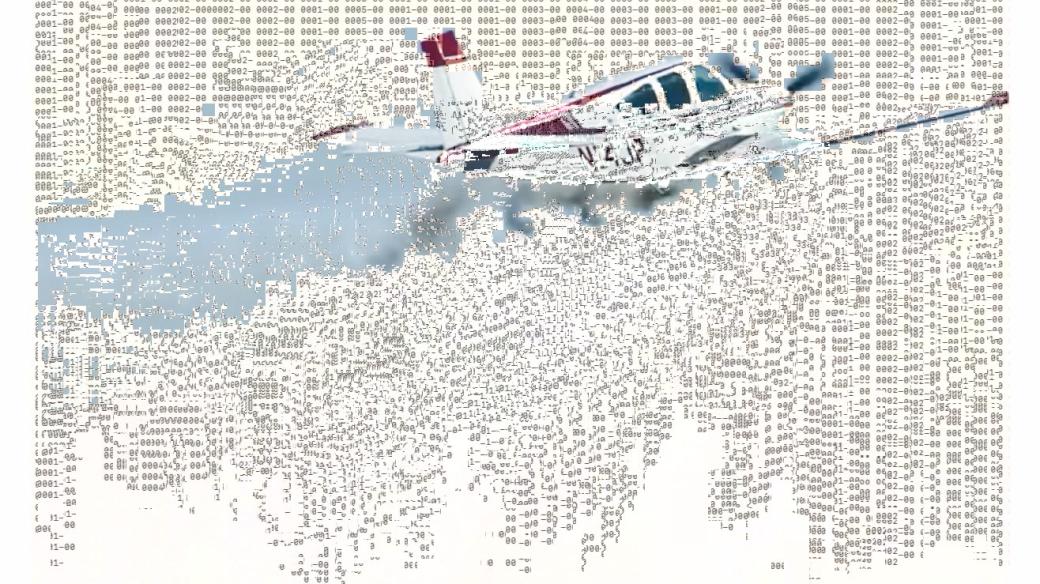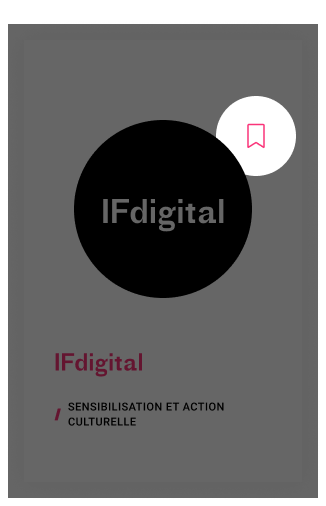From Normandy to the peaks of the Alps, from the depths of Scotland to the polders of the Netherlands, he passionately explores and films the elements. For him, technology is an environment that must challenge our presumed separation from nature.
His work moves between cinemas, galleries, exhibition spaces and the stage, with many prestigious collaborations. Taking different forms - linear film, generative film, performance, print, installation - his works are the result of intense experimental research that challenges and thwarts the capabilities of his machines.
His exploration of Internet and video computing in the late 90s led him to lay the foundations of a new aesthetic by being the first to work with moving images by hijacking video's digital compression methods. Jacques Perconte takes us into the very nature of the image and its production processes.
This work is part of a critical history of representations, from painting to cinema. The tradition of the landscape is seen in a new primitiveness made possible by technology: Jacques Perconte reveals "the landscape of the image rather than the image of the landscape". It's an aesthetically novel approach that, by reversing the dysfunctions of the digital image, is part of a reflection on the need for artists to reappropriate technologies in the face of the determinism of devices of perception and calculation.
But this grace of reverse-engineering, of manipulating coding and storage technologies, of hijacking industrial processes, goes beyond the technical question and turns his landscapes into chromatic fairy tales whose popular success is growing all the time. While the political dimension is not overlooked, he eschews an authoritarian critique of the state of the world to turn it into a poem. To free the image is to free the heart. Love is at the centre of everything.
"Perconte's films take us on a sensitive apprenticeship in a different relationship to the living, made up of minute perceptions, a secret life of matter, revealed by a vitalism of technique." Alice Leroy





